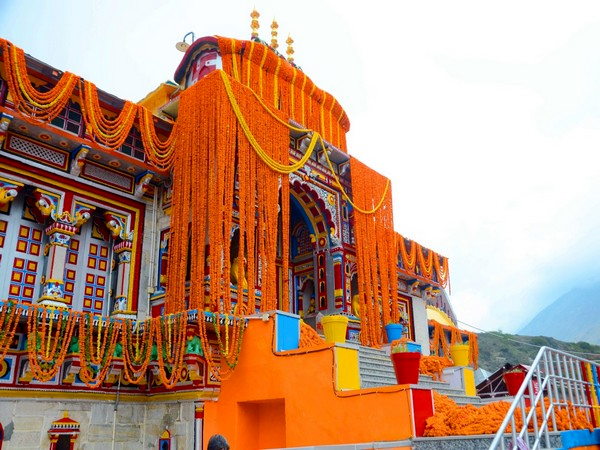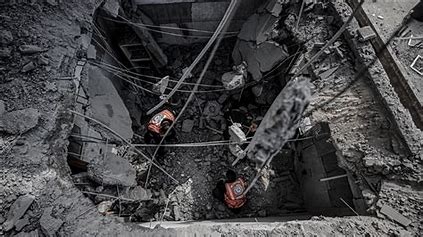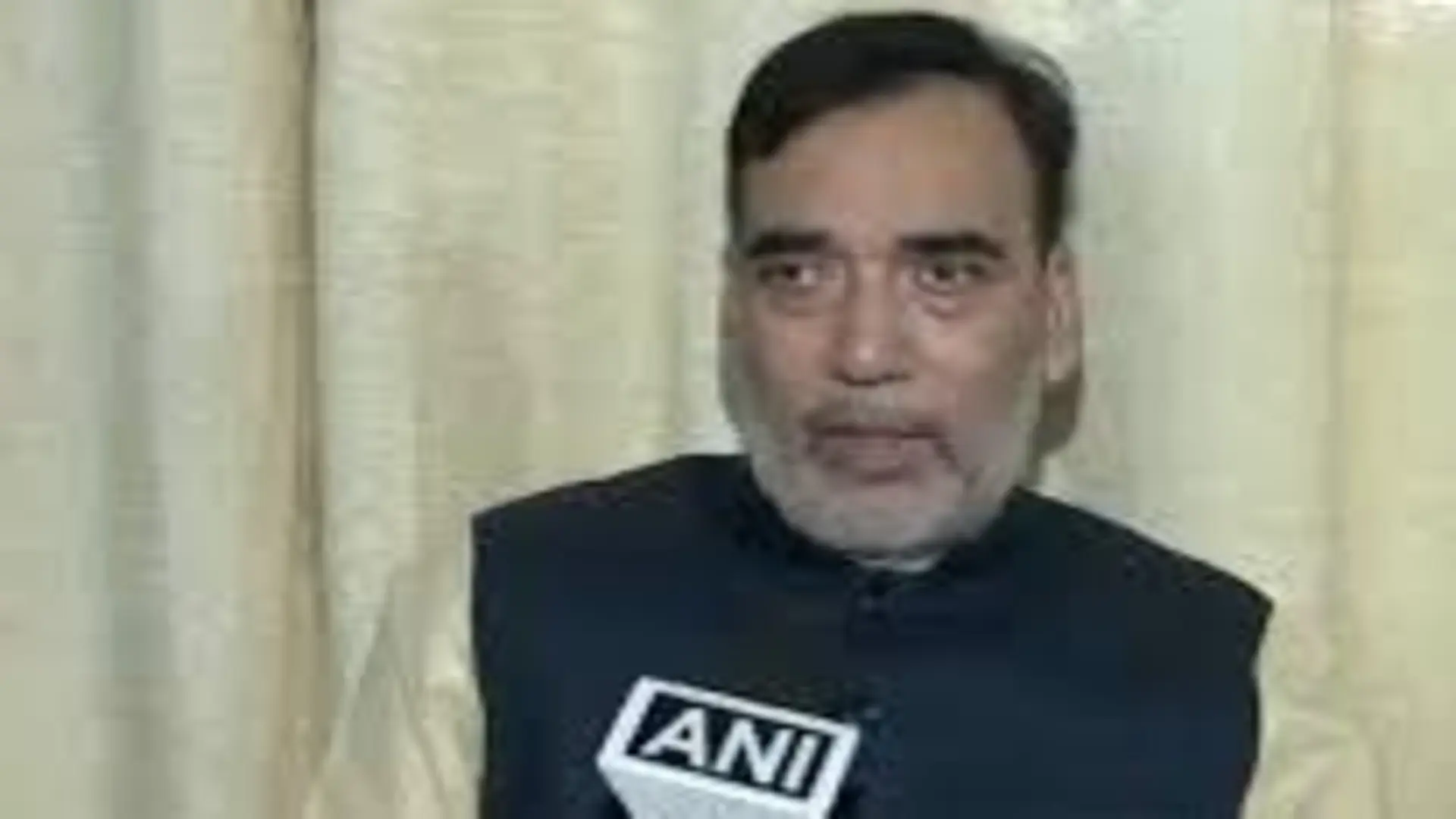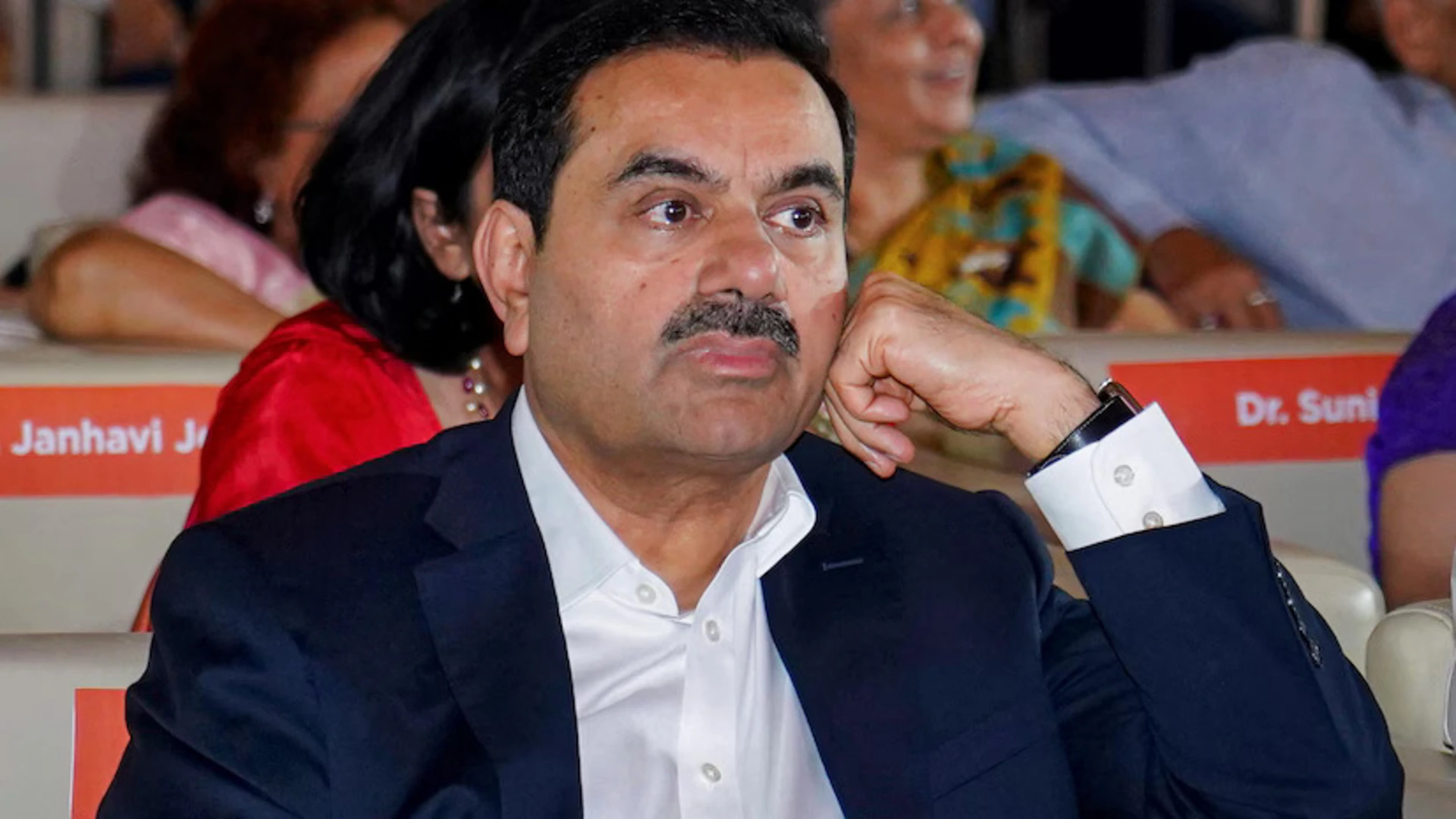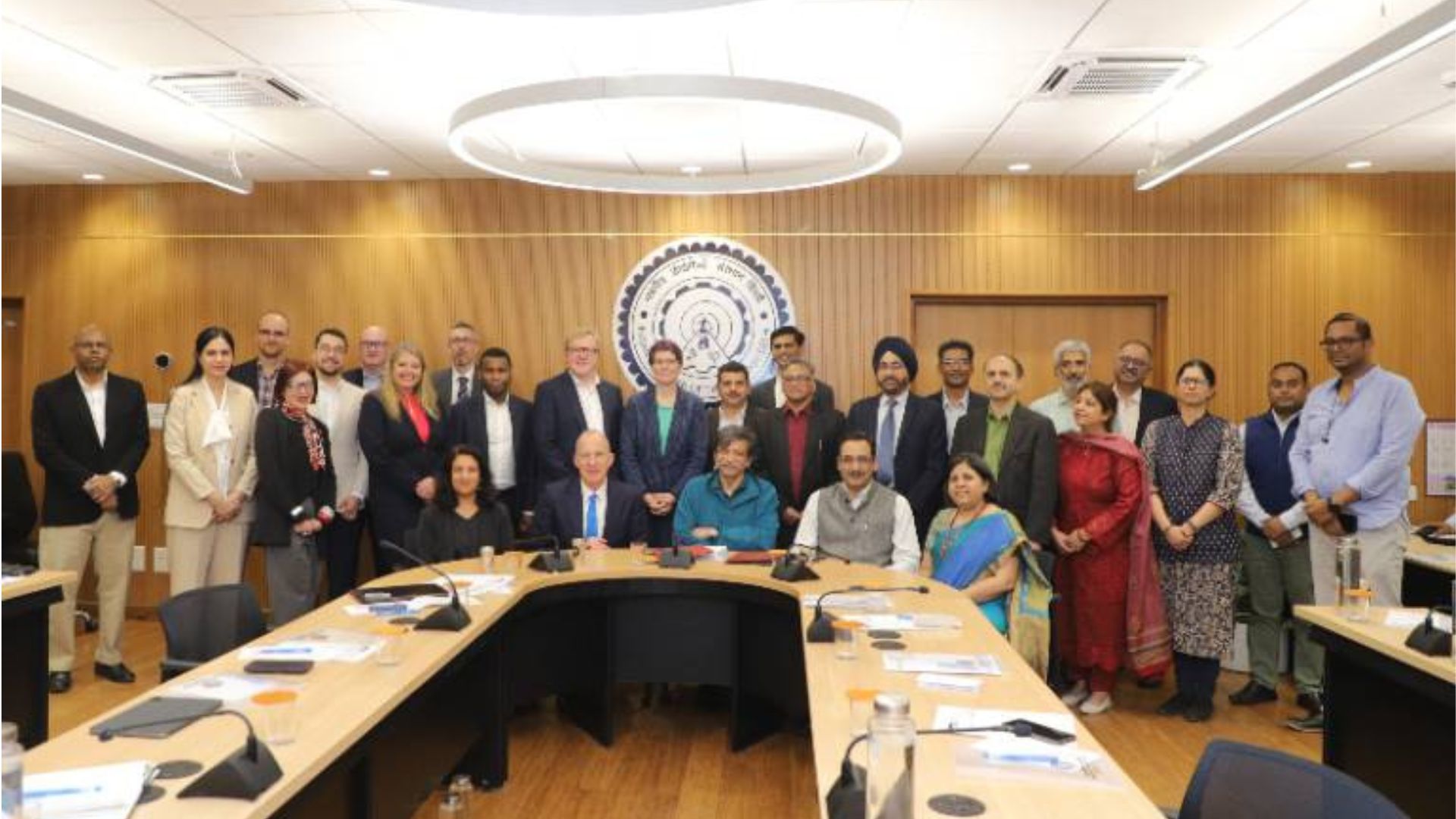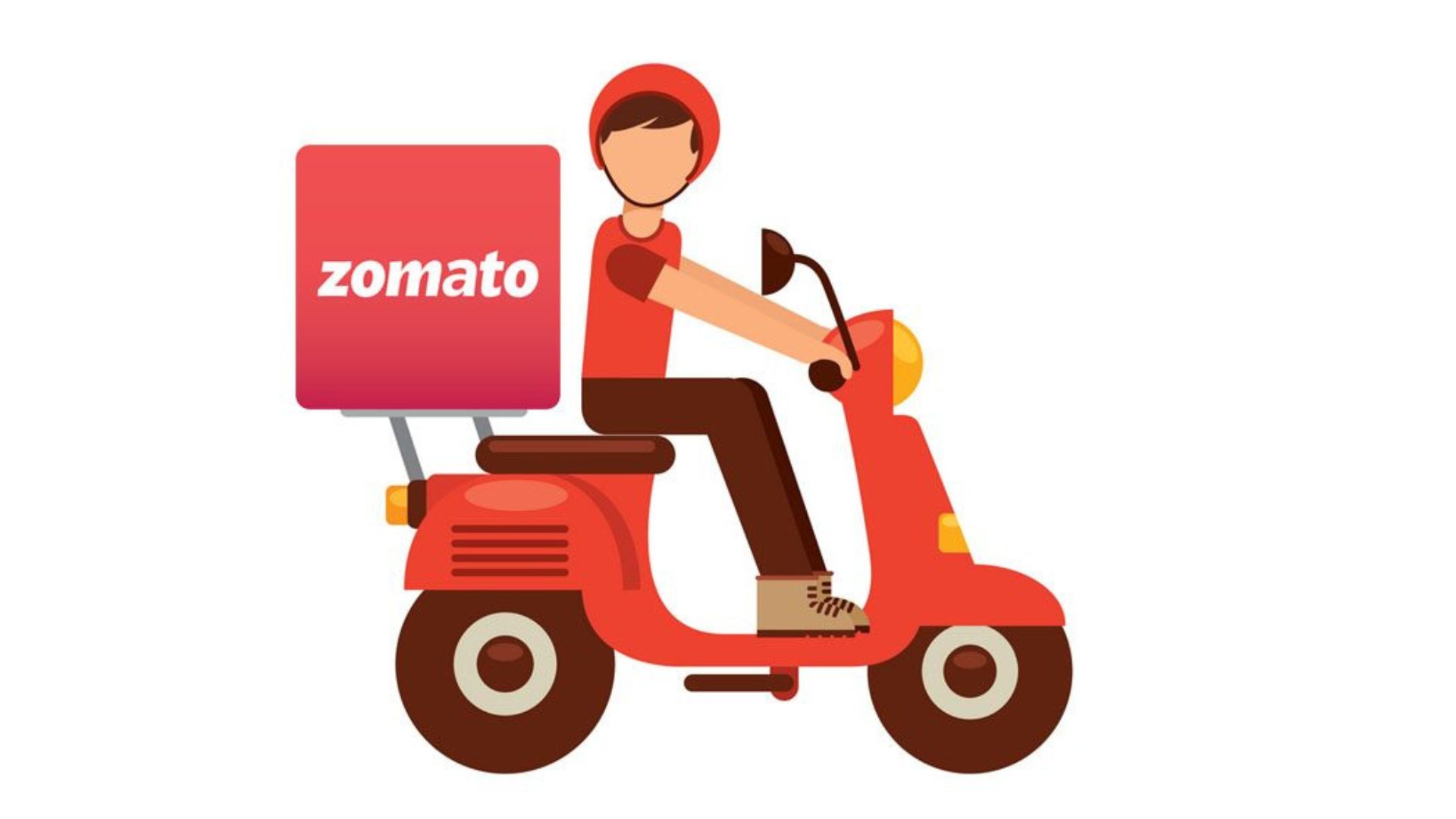Dr Mandaviya assured full support from the Government of India and stated that “the best possible healthcare and health emergency infrastructure will be provided for the visiting pilgrims”.
He informed that a strong network of advance ambulances and stroke vans is planned to ensure that stroke management and treatment can start on way to the health facility. These ambulances will be stationed at different points on the yatra route, he added.
PG students from medical colleges from across the country are proposed to be deployed as part of strengthened healthcare infrastructure who will act as first responders. “This experience will also act as a skilling and capacity building exercise for the PG students”, Dr Mandaviya elaborated.
In addition to this, drones will also be used to provide emergency medicines in the higher locales of the yatra. Drones have been successfully used for transportation of COVID19 vaccines in the north eastern region recently; Kedarnath, Badrinath, Gangotri and Yamunotri are located above 10,000-ft in the Garhwal Himalayas.
Recently, AIIMS-Rishikesh has started a drone service to deliver and pick medicines. “A strong referral backend system is being developed with AIIMS Rishikesh, Doon Medical College and Srinagar Medical Colleges acting as tertiary nodes for specialist care.
This shall provide an end-to-end clinical treatment for pilgrims’ health, Union health Minister stated. These measures will be supported with citizen-friendly communication and awareness activities such as website/portals to inform pilgrims of weather conditions, importance of acclimatization, location of health facilities on the way, call centre numbers, pre-yatra screening, emergency support numbers, etc.
